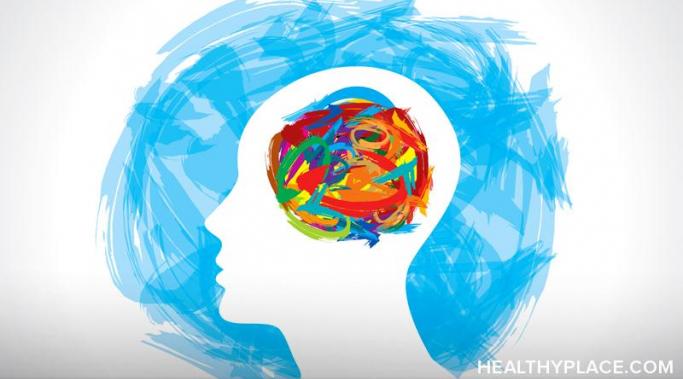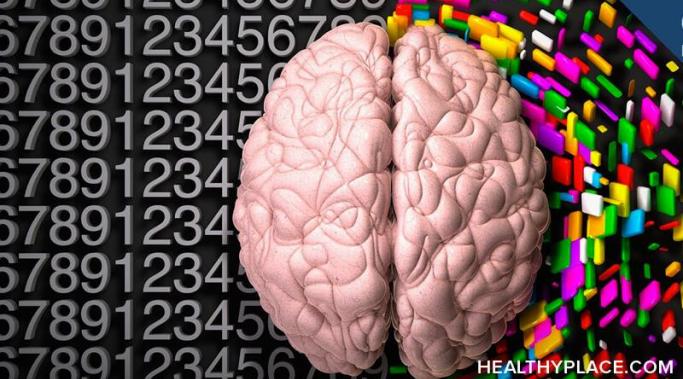Attention-deficit/hyperactivity disorder (ADHD) and creativity are frequently linked. It makes sense that ADHD’s surplus of ideas, emotions, and energy might result in creative expression. Growing up, I had a hard time deciding what kind of art to pursue. I danced, acted, played the violin, wrote stories, and littered the house with drawings. It is no surprise that a number of composers (George Gershwin), artists (Leonardo da Vinci), and actors (Ryan Gosling) either have or are speculated to have had ADHD. Let us explore some good things about ADHD, such as why ADHD and creativity are linked and how making art benefits the ADHD brain.
Living with Adult ADHD
Because obsessive-compulsive disorder (OCD) and attention-deficit/hyperactivity disorder (ADHD) are so different in theory, some doctors argue that they cannot occur together. However, they have a surprisingly high rate of comorbidity, which is when two medical conditions appear together, and many with ADHD report obsessive thoughts and behaviors. Continuing my series of posts about ADHD and comorbid conditions, I would like to discuss the similarities, differences, and possible treatments for OCD and ADHD.
Successfully treating attention-deficit/hyperactivity disorder (ADHD) in adults involves a lot of trial and error. Though I wish that choosing the best ADHD treatments were a simple one-off, finding the right medication, therapy, and coping skills requires perseverance and adaptability. There is no one-size-fits-all treatment. Unfortunately, this process is often counterintuitive for those with ADHD, so I will provide a few tips for coming to terms with the day-to-day necessity of trial and error for successfully treating ADHD in adults.
Attention-deficit/hyperactivity disorder (ADHD) affects working memory as well as short- and long-term memory. In fact, poor memory is often listed as a symptom of ADHD, and numerous articles give great advice about dealing with ADHD forgetfulness and how to improve one’s memory. However, I and many others with ADHD can accurately remember certain facts or conversations years later. I’d like to discuss how ADHD’s relationship to working memory impacts our daily lives, why we struggle with memory, and what we can do about it.
There is an overlap between ADHD and autism, although at first glance the conditions can appear to be opposites. According to stereotypes, people with autism spectrum disorder (ASD) concentrate too much and avoid overstimulation, while those with attention-deficit/hyperactivity disorder (ADHD) lack focus and seek constant stimulation. However, there is a huge overlap between ASD and ADHD. As I’ve written about the connection between ADHD and trauma and ADHD and PMS, I’d like to discuss the link between ADHD and ASD.
Attention-deficit/hyperactivity disorder (ADHD) and trauma or posttraumatic stress disorder (PTSD) symptoms can overlap, making the combination difficult to correctly diagnose or treat. The two conditions share certain symptoms and can be hard to distinguish. Sometimes PTSD exacerbates ADHD and ADHD slows recovery from PTSD. Though challenging, treating the combination of ADHD and trauma is not insurmountable.
People with attention-deficit/hyperactivity disorder (ADHD) tend to have problems sleeping, even though good sleep helps reduce ADHD symptoms. It's a cycle—insomnia worsens the same adult ADHD symptoms that make it difficult to sleep. Why do people with ADHD frequently suffer from sleep deprivation, and is there anything we can do about it?
Attention-deficit/hyperactivity disorder (ADHD) organization tips can come in handy since staying organized can be a daily struggle. This is why I try to write almost everything down in planners. Everyone has a unique organization system, so I want to share a taste of how I use planners, calendars, and lists to stay organized. Take a look at these ADHD organization tips that work for me.
While some people with attention-deficit/hyperactivity disorder (ADHD) are wildly successful, a recent study has shown that there could be a connection between ADHD and homelessness. I am fortunate to have friends, family, and other resources to keep a roof over my head, if necessary. Still, I have a faint fear about ending up in a state of destitution. A large part of it is the sense of panic that comes with having ADHD, a creeping fear that, one day, your life will collapse around you. Because of that, it does not surprise me that some people with ADHD become homeless.
I first heard the term "perseveration" in a lecture by psychologist Russell Barkley about attention-deficit/hyperactivity disorder (ADHD) and hyperfocus.1 People with ADHD struggle with boredom, but they can often focus on things they enjoy. In fact, they can focus too much, obsessing over one thing and ignoring other subjects and tasks. Barkley suggests that ADHDers do not hyperfocus, as people with autism do, but perseverate. He defines perseveration as the inability to stop doing an activity at an appropriate time.









